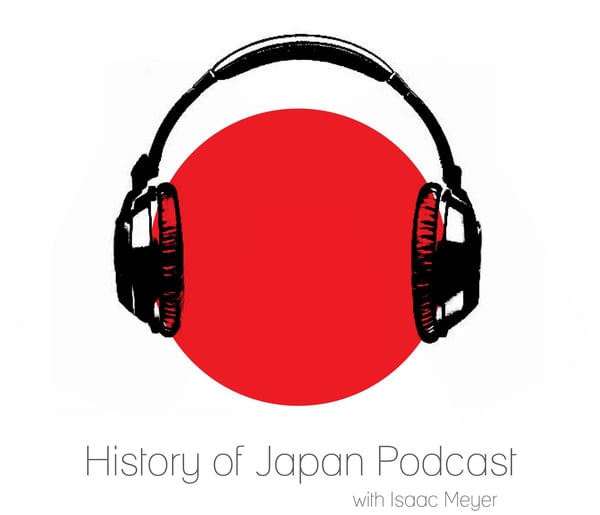Episode 402 - The Friendly Skies
History of Japan
Isaac Meyer
4.8 • 744 Ratings
🗓️ 20 August 2021
⏱️ 34 minutes
🧾️ Download transcript
Summary
This week, we're covering the bizarre history of a hijacking attempt from 1970. What led nine young men to seize control of JAL Flight 351, and why in the hell did they think that, of all places to take the plane, North Korea was the one to pick?
Show notes here.
Transcript
Click on a timestamp to play from that location
| 0:00.0 | Hello and welcome to the history of Japan podcast, episode 402, The Friendly Skies. |
| 0:22.9 | On March 31st, 1970, at 733 a.m., Japan Airlines Flight 351 left Tokyo's Haneda Airport for a short-hopped |
| 0:34.1 | domestic flight to the city of Fukuoka in Kyushu, with 131 passengers and seven crew members aboard. |
| 0:42.8 | The flight should have been short and uneventful, a bit under two hours, depending on weather conditions. |
| 0:49.0 | Instead, it became an international incident. |
| 0:52.9 | But let me back up, because to understand what's about to |
| 0:56.4 | happen to Flight 351, we have to talk a bit about the political context of Japan in the 1960s. |
| 1:03.9 | In a lot of ways, the 60s were the high watermark of political radicalism in the country, at least |
| 1:09.0 | for the post-war era, particularly for the political |
| 1:12.2 | left. There were a few factors external to Japan that made that possible. The continued uncertainty |
| 1:18.9 | about the U.S.-Japan Security Treaty, which, remember, was greeted with massive riots in |
| 1:23.6 | 1960 when it was renewed, and anger at American policies in Vietnam gave some substance to the |
| 1:30.1 | suggestion that American Cold War foreign policy was going to drag Japan into conflicts the |
| 1:36.2 | Japanese people had no interest in, particularly since the Americans were still using their |
| 1:41.0 | bases in Okinawa, still on American-run territory at this time, |
| 1:45.1 | as staging grounds for the Vietnam War. |
| 1:48.8 | It's also easy for us to forget this now, but in the late 60s, the fate of the major communist |
| 1:53.8 | powers, that the USSR would collapse, and the People's Republic of China would essentially |
| 1:58.9 | embrace Japan's own post-war economic model, |
| 2:01.5 | just amped up quite a bit and with no political freedoms, was far from clear. |
| 2:07.1 | Indeed, the USSR looked to be growing at an amazing pace during this time, |
| 2:11.8 | and the scale of Maoist failure in the Great Leap Forward and later the Cultural Revolution |
... |
Please login to see the full transcript.
Disclaimer: The podcast and artwork embedded on this page are from Isaac Meyer, and are the property of its owner and not affiliated with or endorsed by Tapesearch.
Generated transcripts are the property of Isaac Meyer and are distributed freely under the Fair Use doctrine. Transcripts generated by Tapesearch are not guaranteed to be accurate.
Copyright © Tapesearch 2025.

